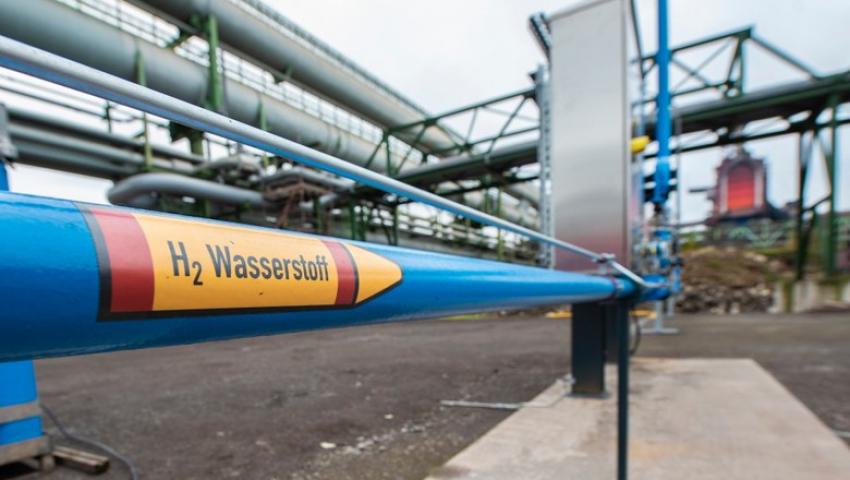Hydrogen - the modern drug of Europe
Boyan Rashev in front of Forbes magazine

The dreamt carbon neutrality of the European green deal faces two main problems. The first is the storage of electricity - no matter how much they produce renewable energy, it cannot be "stored" in batteries on the required scale. The second is the huge consumption of fossil fuels in industry, heating and transport, which needs to be replaced.
Europe sees salvation in hydrogen - it is no coincidence that last summer the Commission published the so-called Hydrogen strategy. The theoretical solution is to invest trillions of euros in building gigantic RES and solar wind capacities to produce huge amounts of "clean" electricity to be used for the synthesis of "green" hydrogen. And all this to flow to each user. It is theoretically possible, there are many pilot installations available, everything seems tempting. Until physics and economics intervene at the same time…
Hydrogen is the most abundant chemical element in the universe, but in its pure form it is absent on Earth. It is so chemically active that it interacts with everything with great ease. Hydrogen simply passes through the metal and leaks freely - even the highest quality and most expensive tanks, such as the BMW Hydrogen 7, lose 1.5-2% of their content per day. It also has one of the widest ranges of explosive mixtures with air. Therefore, the requirements for its storage are exceptional, and the available gas infrastructure simply cannot be used. To date, about 10-15% of hydrogen can be introduced into it.
The combustion of hydrogen is accompanied by a temperature above 2800 degrees Celsius - 1000 degrees above that of methane. This practically means that not only the furnaces and pipes of the hydrogen thermal power plants, but also every stove and pot in the household, have to be made anew and of much rarer and more expensive metals in order to last. Such a combustion temperature is inevitably accompanied by a much more intense formation of nitrogen oxides - one of the biggest air pollutants. To prevent their formation, it will be necessary to add investments for waste gas treatment.
The energy density of hydrogen is 2.5 times higher than that of methane, but its specific gravity is 7.3 times lower. The comparison with gasoline is even more unpleasant. This practically means that huge tanks are needed for every car if we want to store enough fuel. The alternative is to use liquefied hydrogen, which, however, requires a T of -252.76 degrees Celsius at normal pressure. This is not a trivial problem.
The production of electricity from hydrogen coming from the electrolysis of water with wind energy or solar panels is 28% efficient. Separately, their working hours are completely unpredictable and cover about 20% of their theoretical capacity, ie the whole exercise is a nightmare for anyone who has heard of the laws of thermodynamics.
A report commissioned by the German government was published in October, which clearly states that "green" hydrogen will be 4-5 times more expensive than natural gas in 2030, and this will not change significantly even in 2050. Separately, it is said that Germany cannot produce enough renewable electricity to synthesize so much "green" fuel, so it will have to import huge quantities. Where from?
In December, 14 engineers and scientists from the European Commission, who are no longer part of the system, issued a call to their former employer. The conclusion is: “We urge the Commission to review its Hydrogen Strategy without the influence of subsidy lobbies, recognizing that mass hydrogen production from variable RES is an illusion, and to analyze the potential of nuclear energy as a promising way to produce fully decarbonized hydrogen. "
The road to zero emissions is very long and difficult. Europe can only get past it if the movement itself makes it stronger and richer. If she relies on low-quality stimulants such as hydrogen, she will have DNF (Did Not Finish) status - as do participants who do not reach the final of a competition…
